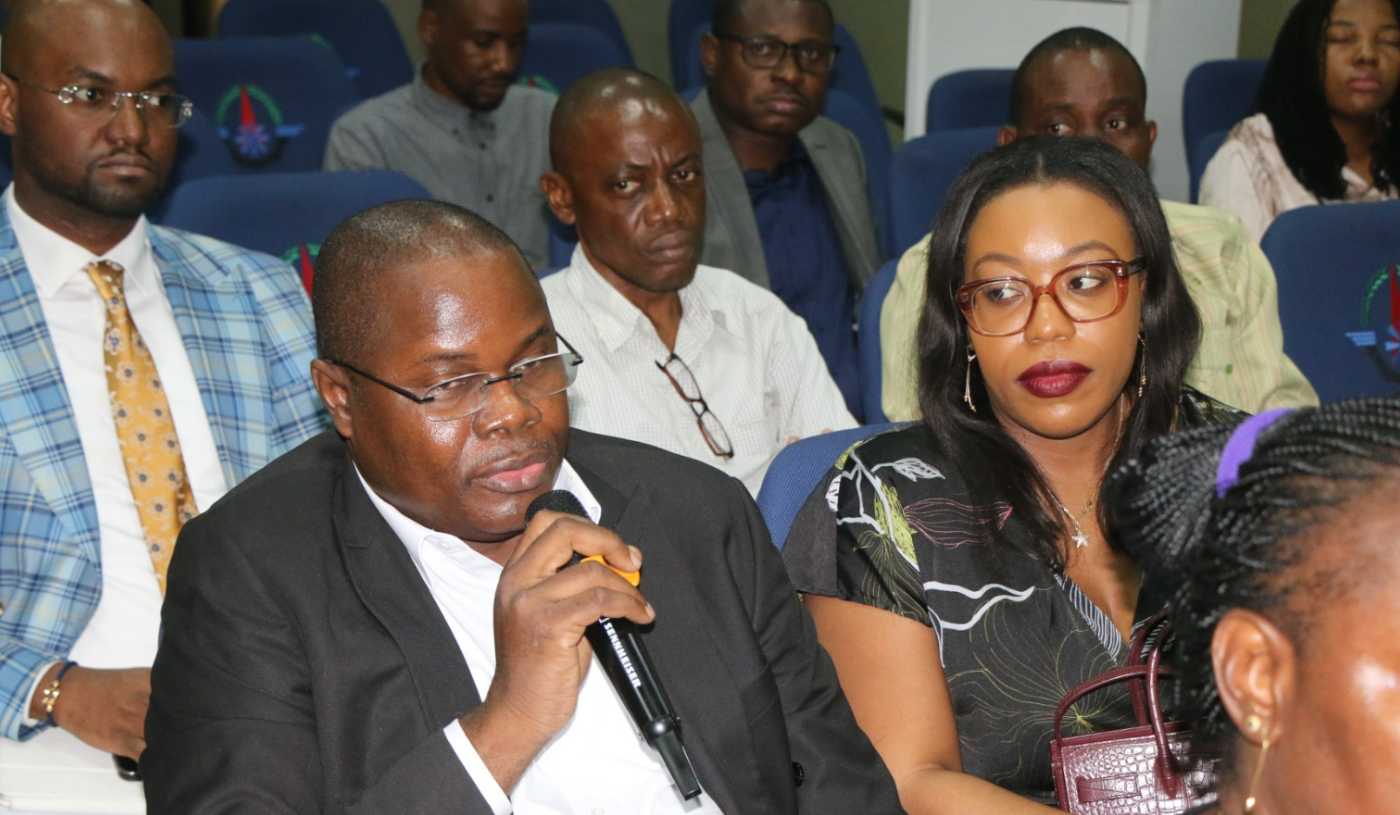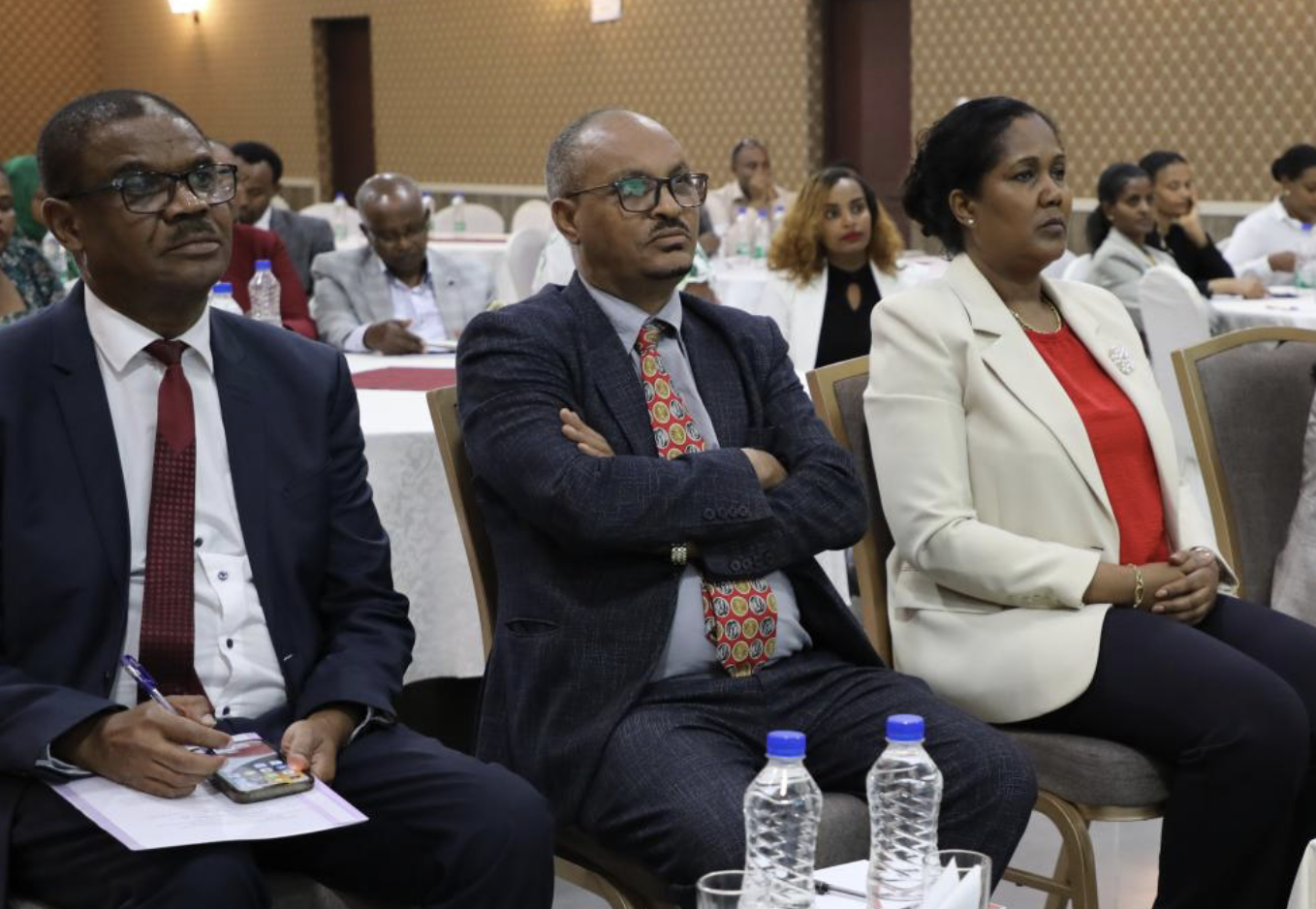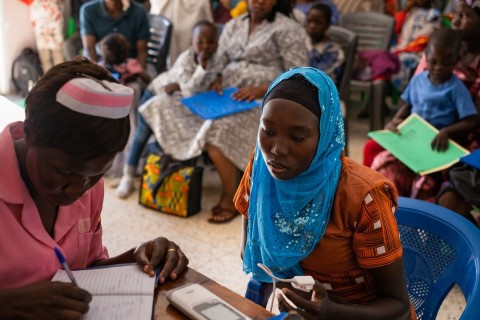Uganda’s health sector faces funding gaps after donor cuts, forcing higher out-of-pocket costs and disrupting HIV, TB, and maternal health services. Stakeholders urge domestic financing, innovative taxes, and a national insurance scheme to protect vulnerable groups and achieve UHC.
Uganda’s health sector is under mounting strain due to shifts in donor priorities and reductions in international aid budgets, an issue highlighted during the annual stakeholders meeting organized by the Center for Health, Human Rights and Development (CEHURD). The decline in funding is significantly impacting healthcare delivery, especially among vulnerable populations, and forcing Ugandans to shoulder higher healthcare costs through out-of-pocket payments. Currently, these account for about 40 percent of total health spending, a level that Executive Director of CEHURD, Ms. Fatia Kiyange, described as catastrophic, leaving many households at risk of poverty and deepening inequalities in access to healthcare.
The funding cuts have had tangible consequences on services. Several clinics have closed, including Malde May in Mitiana and some branches of Reach Out Mbuya, undermining access to antiretroviral therapy and related HIV services once strongly supported by PEPFAR and USA grants. Community advocates, such as CEHURD’s Advocacy Officer, Mr. Kitandwe Rhodine, reported that the disruptions extend to condom distribution and preventative services. He warned that in regions like Karamoja, where cultural festivals heighten sexual activity, shortages of condoms have led to higher risk of unprotected sex. Further challenges include stigma arising from the integration of HIV services into general healthcare settings, where patients often encounter discrimination due to their identity or appearance. Peer educators, once supported by donors, are now working without compensation, straining community-level responses.
Services for prevention and treatment of conditions such as HIV and tuberculosis are also affected. Lack of funding has disrupted Pre-Exposure Prophylaxis (PrEP) and adherence counseling, contributing to increases in mother-to-child HIV transmission and TB cases. The setbacks, stakeholders observed, risk reversing hard-won progress made over decades in HIV prevention and general health systems strengthening.
In response, government and civil society actors are emphasizing the need for creative, coordinated solutions. According to Ms. Namanya Patience from the Ministry of Gender, replicating effective community-based strategies at district levels is essential. She highlighted the potential of para-social workers and education structures such as coordinating tutors in enhancing community health efforts. Coordination across ministries, she argued, will promote efficiency, particularly in areas like surveillance, response, and resource allocation. On commodity management, redistribution policies are being emphasized to minimize stockouts and medicine wastage, ensuring excess stock is redirected to facilities in need.
The government has attempted to fill the funding gap by increasing the health sector’s share of the national budget from 4 percent in FY2024/25 to 8.1 percent in FY2025/26. However, CEHURD warned this increase is still insufficient to cover pre-existing shortfalls, let alone those caused by donor withdrawals. Stakeholders are calling for innovative health financing mechanisms, such as sin taxes and luxury goods levies, to generate sustainable revenue. A strong push is also being made towards advancing a National Health Insurance scheme, alongside social health insurance models informed by lessons from regional and continental peers, to achieve Universal Health Coverage by 2030.
Ultimately, Uganda’s health sector must adapt to ensure sustainability in the absence of large-scale donor support. By strengthening domestic financing, fostering inter-ministerial collaboration, and leveraging community capacities, stakeholders hope to safeguard access to essential services, particularly for the country’s most vulnerable populations.






